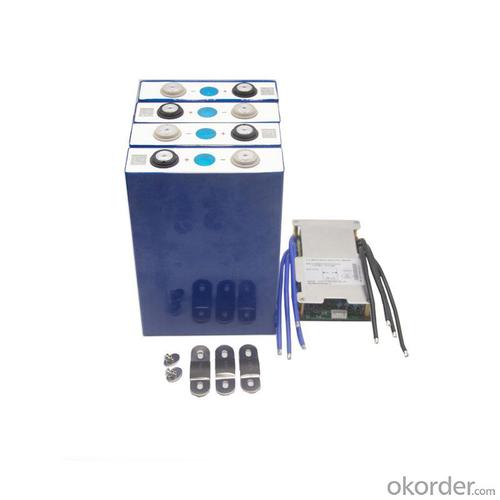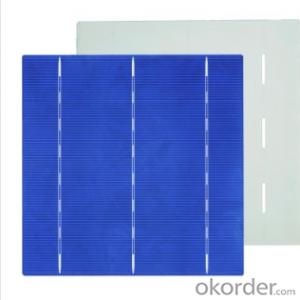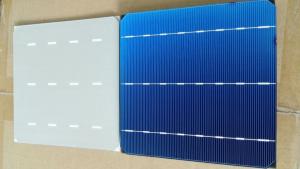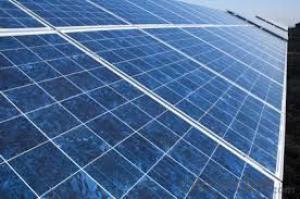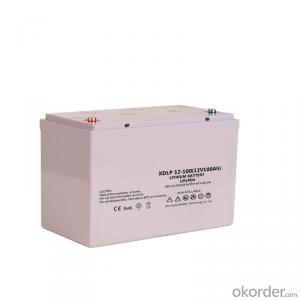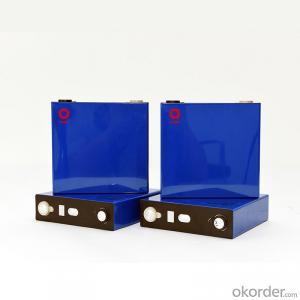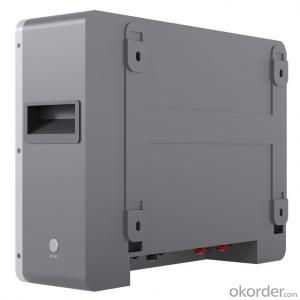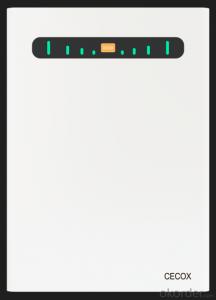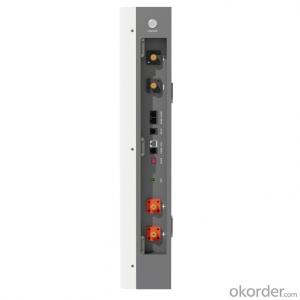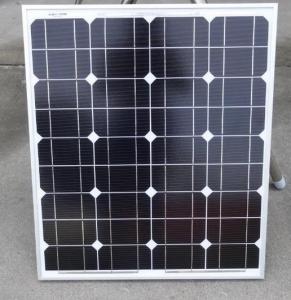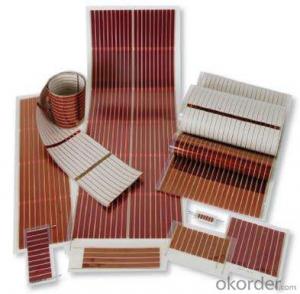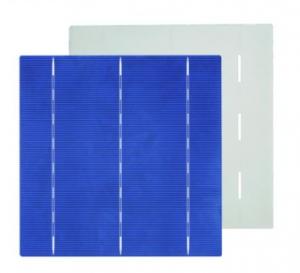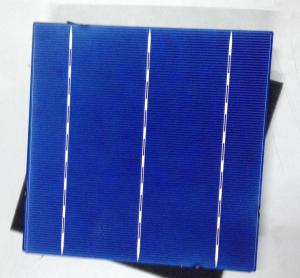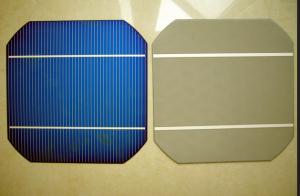Hanwha Solar Cells Compatible 3.2V 105Ah Li-ion Battery Ion Lithium LifePO4 3.2V 100Ah 280Ah 304Ah Lithium Iron Phosphate Battery
- Loading Port:
- SHENZHEN
- Payment Terms:
- TT OR LC
- Min Order Qty:
- 16 watt
- Supply Capability:
- 100000 watt/month
OKorder Service Pledge
OKorder Financial Service
You Might Also Like
Specification
Products Description:
1. Original brand cells, with QR code, Brand new and Grade A+;
2. One battery Cell can be equipped with one set bus bar studs and nuts.
E.g.: If buy 4pcs, we can send 4pcs cells with 4 busbars, 8 sutds, 8 nuts, If needs, pls contact us!
3. Before delivery, we will test all cells Voltage and Internal resistance, and ensure for you!
4. Basic specification will be mark on the Cells before shipping!
Key attributes:
| Product name | 3.2v 105Ah LiFePO4 Battery |
| Normal Voltage | 3.2V |
| Normal Capacity | 40Ah, 80Ah, 100Ah, 200Ah, 280Ah |
| Item Name | Lifepo4 Cells 3.2V 105Ah |
| OEM / ODM | Available |
| Battery Type | Lithium Iron Phosphate Battery |
| Brand Name | EVE, CATL, BYD or other |
| Place of Origin | Guangdong, China |
| Application 1 | Electric Power Systems |
| Application 2 | Solar Energy Storage Systems |
| Cycle Life | 6000 cycle @ 100% DOD, 80% capacity remain |
Lead time:
| Quantity (pieces) | 1 - 100 | 101 - 1000 | > 1000 |
| Lead time (days) | 15 | 20 | To be negotiated |
Packaging and delivery:
| Packaging Details | Embedded foam Standard box |
| Port | Shenzhen |
Pictures for reference:
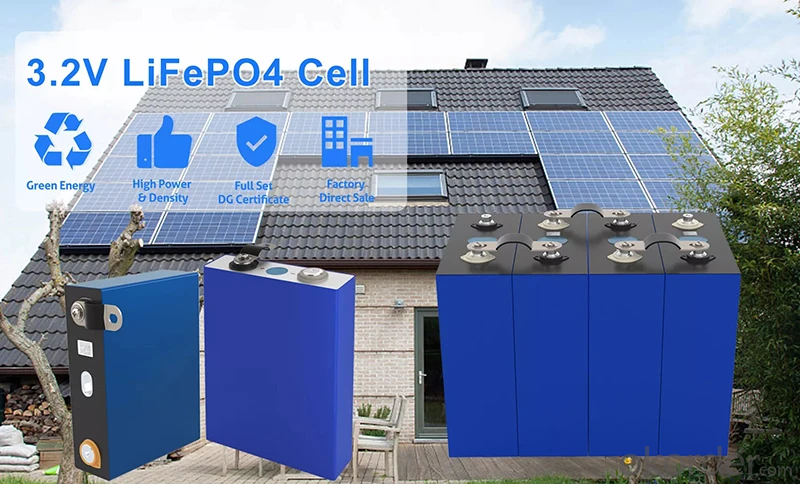
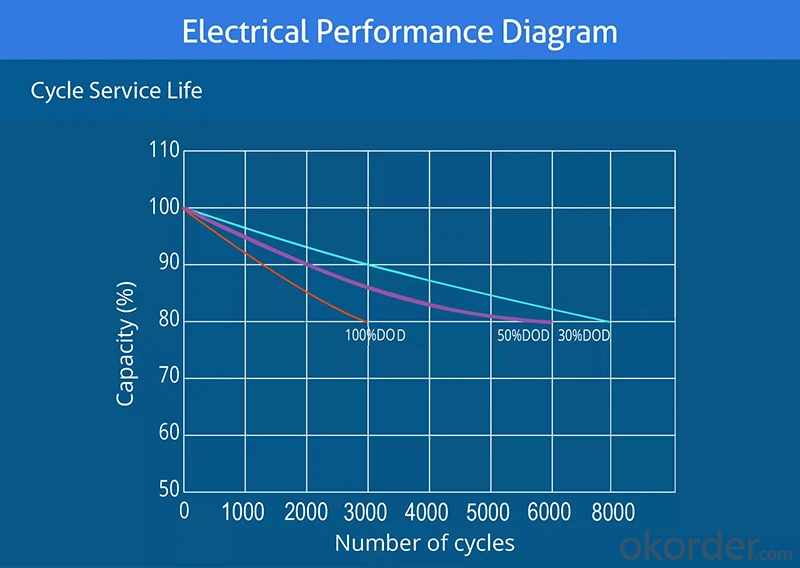
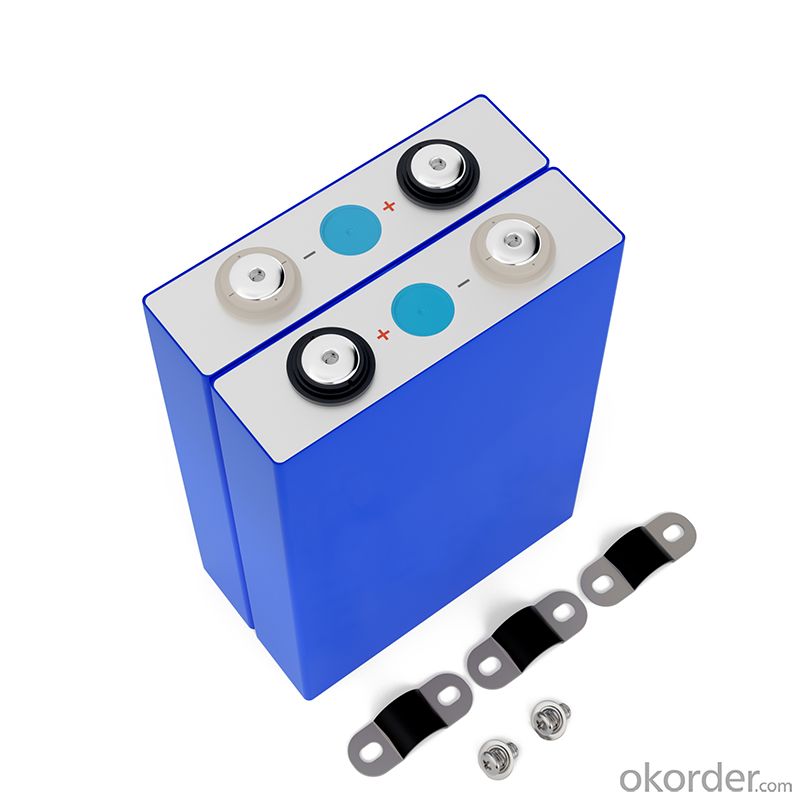
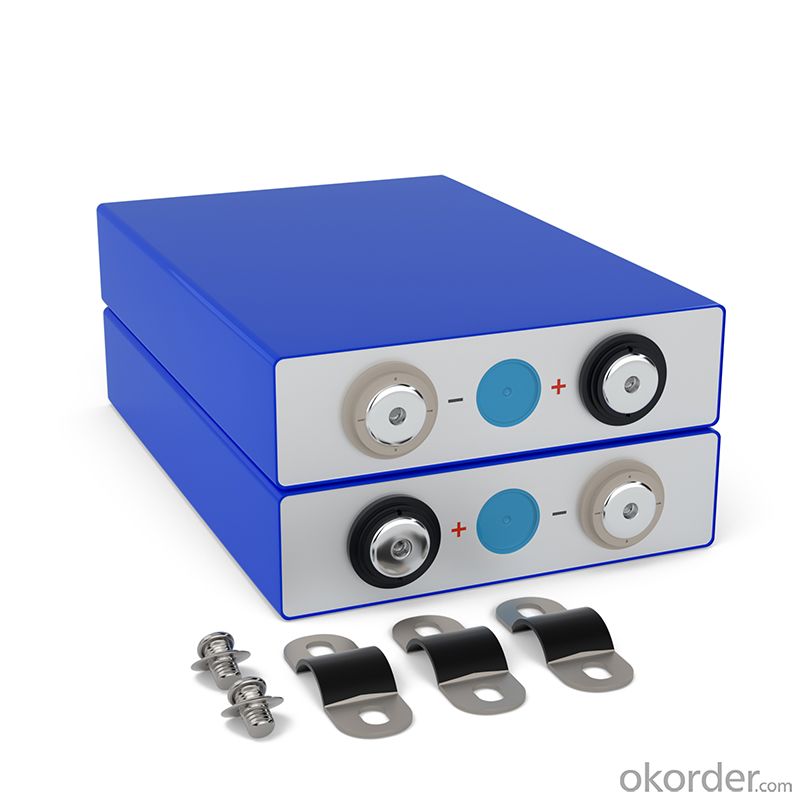
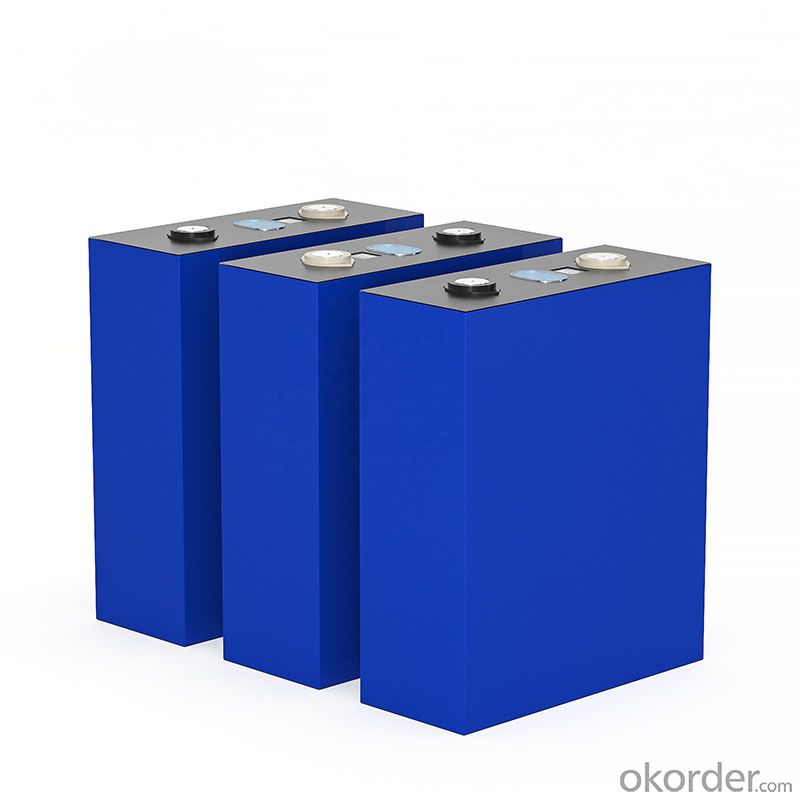
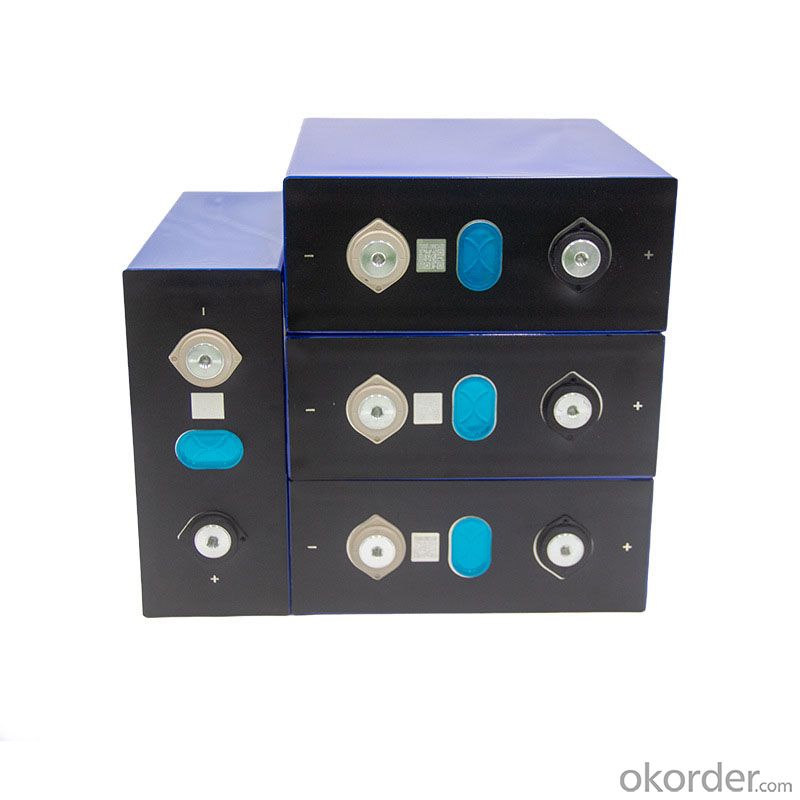
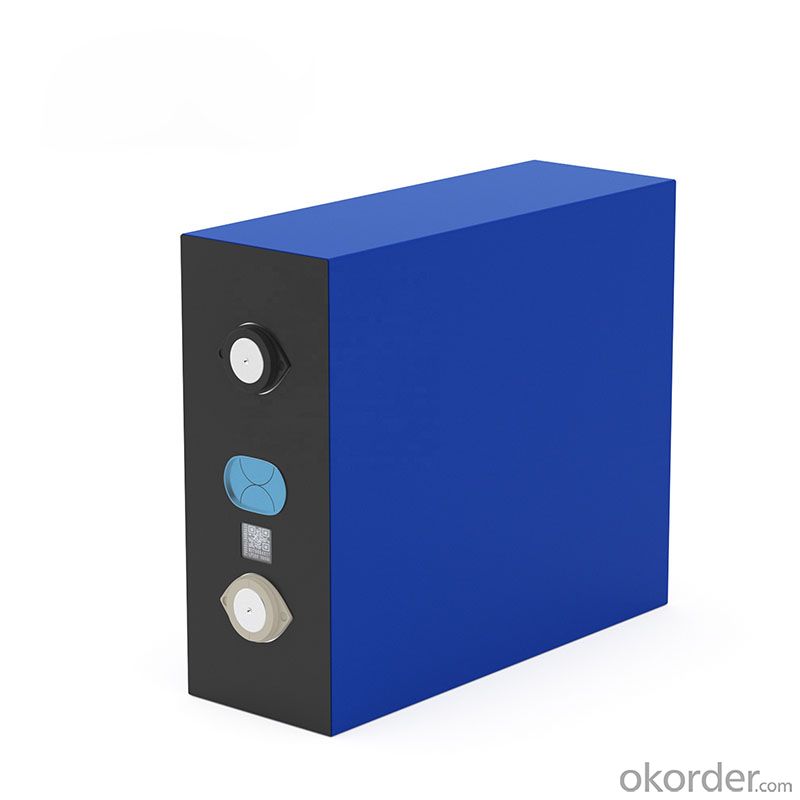
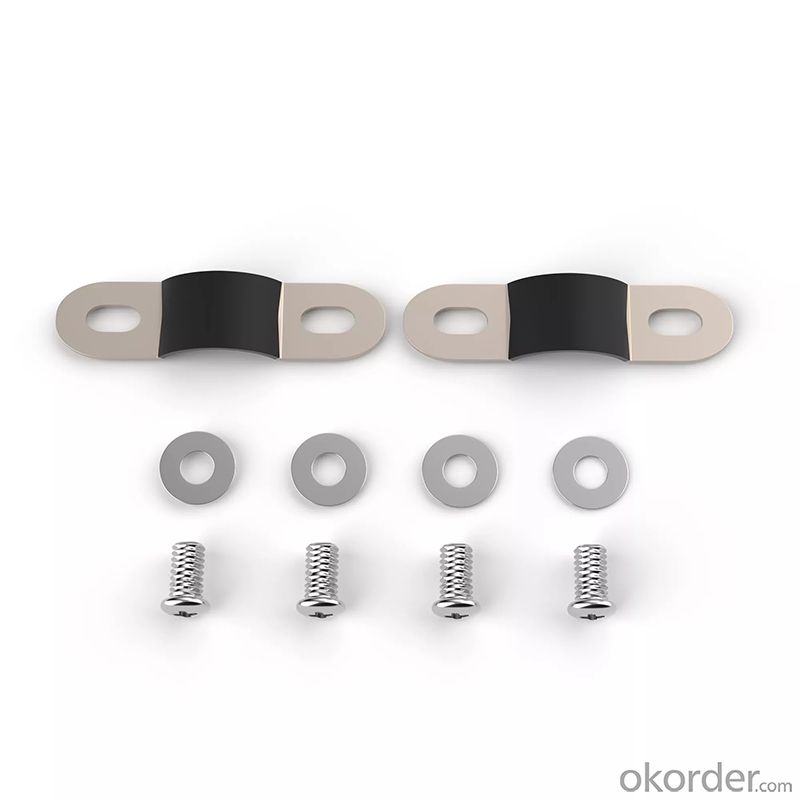
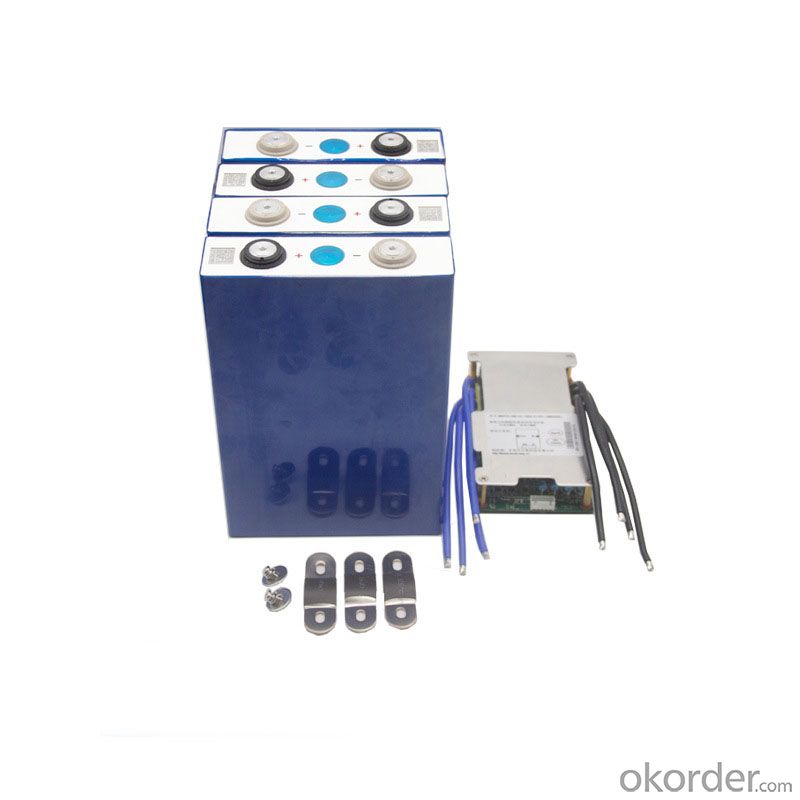
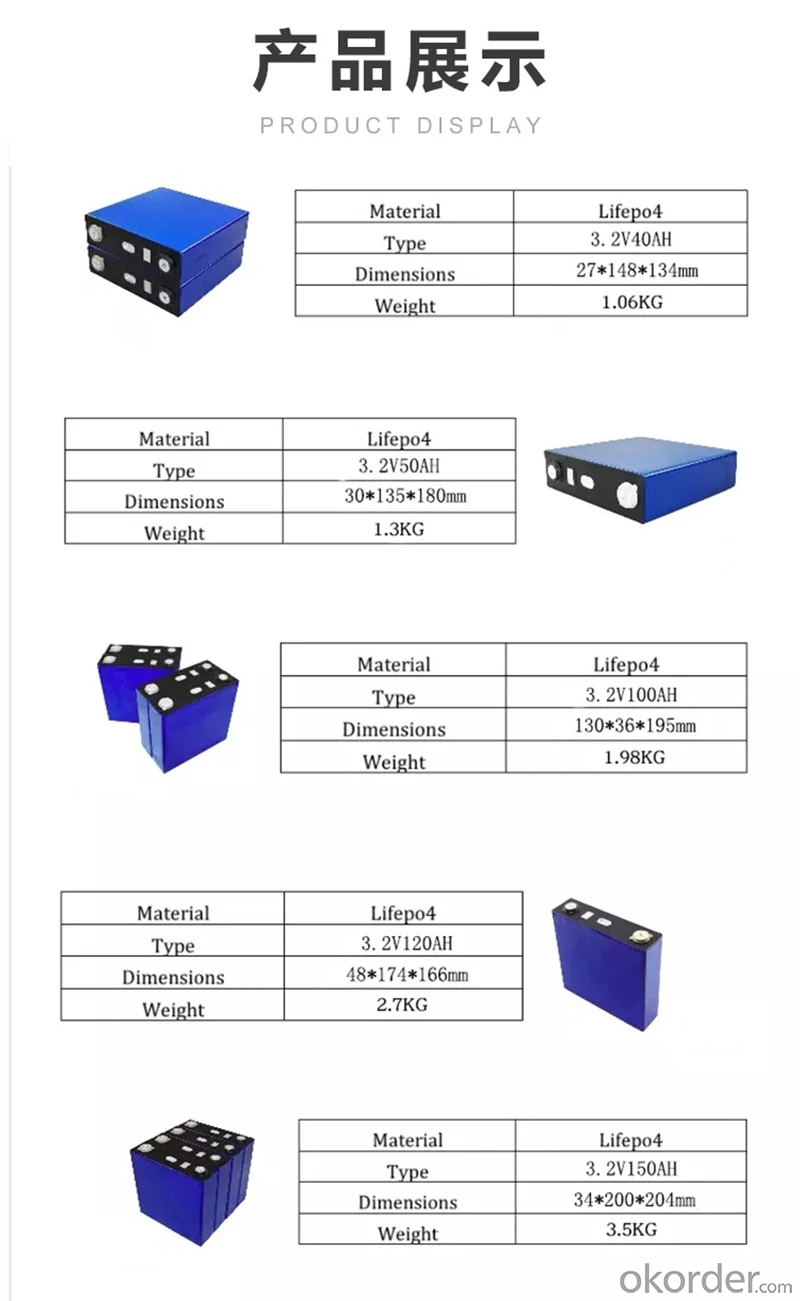
- Q: What is the impact of hurricane-force winds on solar cell efficiency?
- The impact of hurricane-force winds on solar cell efficiency can be significant. These strong winds can cause physical damage to solar panels, such as breaking or dislodging them from their mounts. This not only affects the overall functionality of the solar system but can also lead to a decrease in energy generation. Additionally, high winds can result in the accumulation of dust, dirt, or debris on the surface of the solar panels, reducing their ability to absorb sunlight and convert it into electricity. Therefore, it is crucial to ensure proper installation and maintenance of solar systems in hurricane-prone areas to minimize the negative impact on efficiency.
- Q: Can solar cells be used for powering telecommunications towers?
- Yes, solar cells can be used for powering telecommunications towers. Solar panels can generate electricity by converting sunlight into usable energy, which can then be used to power various devices and infrastructure, including telecommunications towers. This renewable energy source provides a sustainable and environmentally friendly solution for powering such towers, especially in remote or off-grid areas.
- Q: Can solar cells be used to power communication systems?
- Yes, solar cells can be used to power communication systems. Solar cells are capable of converting sunlight into electricity, which can then be used to power various electronic devices, including communication systems. This is particularly advantageous in remote or off-grid areas where it may be difficult or expensive to establish traditional power infrastructure. Additionally, solar-powered communication systems offer a sustainable and environmentally friendly alternative to relying solely on fossil fuels for energy.
- Q: Can solar cells be used for disaster relief efforts?
- Yes, solar cells can be used for disaster relief efforts. They provide a reliable and sustainable source of electricity, enabling the operation of essential equipment such as medical devices, communication systems, and water purification systems in areas affected by natural disasters. Solar cells can also be easily transported and quickly deployed in emergency situations, making them an ideal solution for providing power in remote or inaccessible locations.
- Q: Can solar cells be used for powering electric fences?
- Yes, solar cells can be used for powering electric fences. Solar cells convert sunlight into electrical energy, which can be stored in batteries and used to power electric fences. This provides a sustainable and environmentally-friendly solution for powering fences in areas where access to grid electricity is limited or expensive.
- Q: Can solar cells be used to power refrigeration systems?
- Yes, solar cells can be used to power refrigeration systems. Solar cells convert sunlight into electricity, which can then be used to power various appliances, including refrigeration systems. This is particularly useful in off-grid or remote areas where access to conventional power sources may be limited.
- Q: What is the impact of solar cells on reducing electricity bills?
- Solar cells have a significant impact on reducing electricity bills by harnessing the sun's energy to generate electricity, decreasing reliance on traditional power sources. This renewable energy source can offset or even eliminate monthly electricity costs, resulting in long-term savings for homeowners and businesses.
- Q: Can solar cells be used in space exploration?
- Yes, solar cells can be used in space exploration. Solar cells are commonly used to power spacecraft and satellites in space missions. They convert sunlight into electricity, providing a reliable and renewable source of power for various systems and equipment used in space exploration.
- Q: How can I understand the working principles of solar cells?
- You have to spend more time than you thought to really understand it.
- Q: Can solar cells be used for powering outdoor signage?
- Yes, solar cells can be used for powering outdoor signage. Solar panels can convert sunlight into electricity, which can then be used to power various devices including outdoor signage. This is a sustainable and environmentally friendly option, as it reduces dependence on traditional electricity sources and helps to minimize carbon emissions.
Send your message to us
Hanwha Solar Cells Compatible 3.2V 105Ah Li-ion Battery Ion Lithium LifePO4 3.2V 100Ah 280Ah 304Ah Lithium Iron Phosphate Battery
- Loading Port:
- SHENZHEN
- Payment Terms:
- TT OR LC
- Min Order Qty:
- 16 watt
- Supply Capability:
- 100000 watt/month
OKorder Service Pledge
OKorder Financial Service
Similar products
Hot products
Hot Searches
Related keywords






